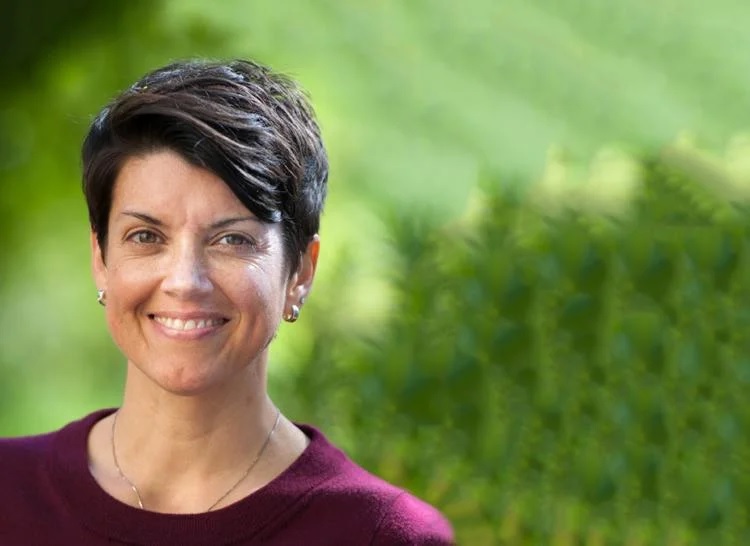
44th Annual Faculty College 2024
Rethinking/Redesigning Student Assignments
THE OSTHOFF RESORT at Elkhart Lake, WI
mAY 28-31, 2024
Our System’s 13 universities are invited to attend Faculty College as teams engaged with their teaching & learning centers. We invite teams to work together before, during, and after Faculty College to address university-identified challenges of Rethinking/Redesigning Student Assignments. Our institute|retreat is inspired by national organizations such as the American Association of Colleges & Universities (AAC&U), the Higher Learning Commission (HLC), and the National Association of System Heads (NASH) that bring together university-based teams and empower them to design university-based projects. Similarly, OPID will provide tools and guidance, and each university team is invited to customize and modify shared resources for its specific needs. We are not seeking cookie-cutter results, but expect that each project will emerge out of each university’s unique context.
Faculty College 2024’s keynote speaker and guest facilitator is Dr. Ashley Finley, Research Director and Advisor to the President, American Association of Colleges & Universities (AAC&U). She will guide university teams in conceptualizing student assignments to implement at their home institutions.
Our theme for Faculty College 2024 – Rethinking/Redesigning Student Assignments – intersects with ongoing changes and practices in higher education, including alternative grading approaches, generative artificial intelligence (including large language programs, such as Chat GPT), high-impact teaching practices that necessitate reflection and metacognition, and other emergent approaches to teaching and learning. The reconceptualization of Faculty College is informed by OPID’s Advisory Council and Executive Committee, as well as feedback from past Faculty College participants.
Workshop #1
Getting Started : Visual Mapping
Effective teaching and learning start with the end in mind and work backwards. In this workshop, we will explore what it means to intentionally map critical elements of the learning process to produce comprehensive assessment strategies focused on key questions. What is the long-term vision for student change and transformation? Which high-impact experiences will best facilitate students’ learning toward intended goals? How can assessment strategies be nuanced to better understand the learning experiences of different populations of students?
Our discussion will translate these questions into concise, visual maps (i.e., logic models) that make intended learning goals more explicit, and illuminate connections among evidence, effective practices, and the resources needed to sustain success.
Resource:
A Comprehensive Approach to Assessment of High-Impact Practices (Finley 2019, NILOA Occasional Paper, Number 41)
Workshop #2
From Mapping to Designing: Rubrics & Assignments
The relationship between rubrics and assignments is essential. This workshop will utilize AAC&U’s VALUE rubrics for Critical Thinking and Civic Engagement to explore the connection between direct assessment of student learning and assignment design. Drawing upon participants’ own existing assignments and engaged learning practices, we’ll discuss considerations for rubric alignment and opportunities for strengthening assignments, with a special focus on developing assignments for the assessment of students’ civic engagement.
Resource:
VALUE ADD (Assignment Design and Diagnostic) Tool
Programmatic inquiries may be directed to:
Fay Akindes, Director of Systemwide Professional and Instructional Development, UW System, fay.akindes@wisconsin.edu, (608) 263-2684.
For technical support contact:
Erin McGroarty, Office of Academic Affairs, UW System, OPID@lists.wisconsin.edu, (608) 262-8778.

